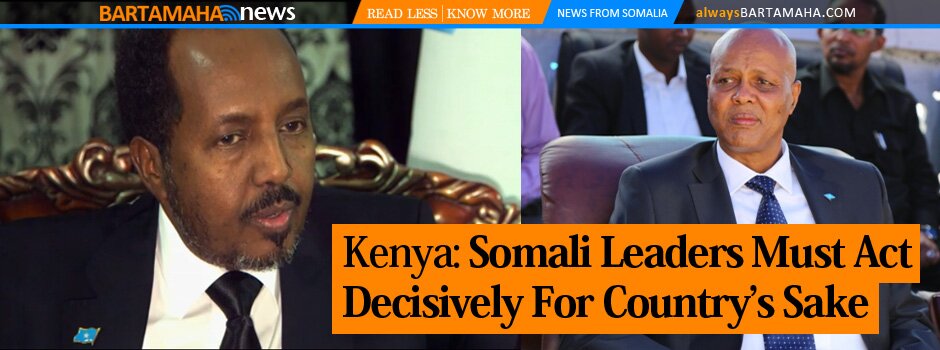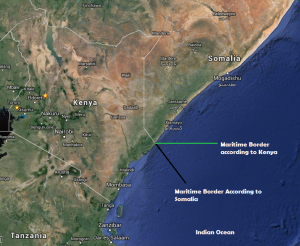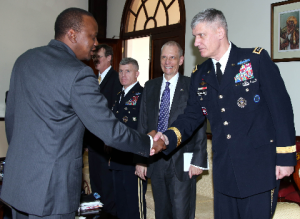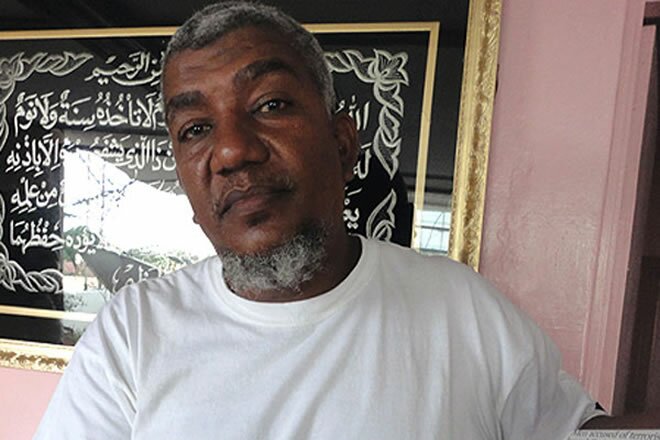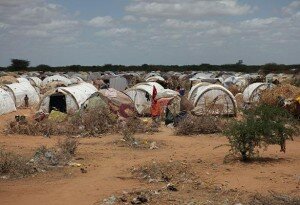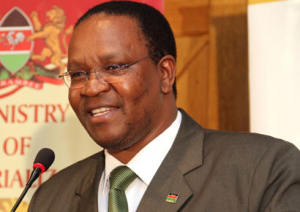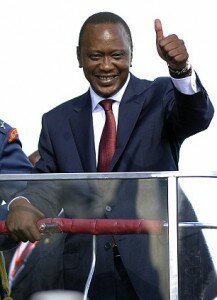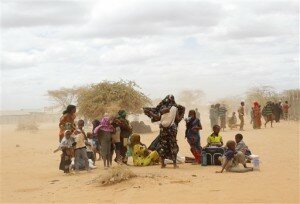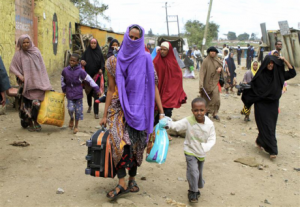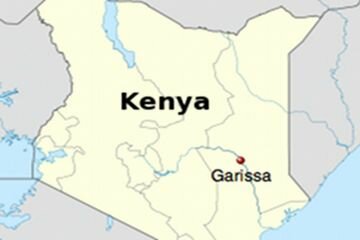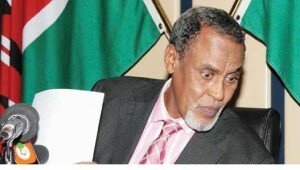War hits Kenya’s bid to expand waters
 The lack of a boundary agreement between Kenya and Somalia and the continuing instability in the latter country is likely to delay Kenya’s quest to add 150 additional nautical miles to its territorial waters in the Indian Ocean.
The lack of a boundary agreement between Kenya and Somalia and the continuing instability in the latter country is likely to delay Kenya’s quest to add 150 additional nautical miles to its territorial waters in the Indian Ocean.
The Ministry of Foreign Affairs, in a report to Treasury, says the bid is facing a challenge meeting international approval because of the above factors.
Tanzania is also seeking an extension of its territorial waters via an application made on January 18. In June 2008, Tanzania and Norway signed a two-year agreement to provide $4.6 million in funds for a Delineation of the Continental Shelf project.
Kenya’s application to acquire an additional 103,000 square kilometres in what is being billed as the second and last scramble for the world, seeks to delineate the outer limits of the country’s continental shelf outside the Exclusive Economic Zone of 200 nautical miles.
This would give Kenya the right to explore and exploit non-living and mineral resources on the seabed and sub-soil of the extended continental shelf adjacent to the EEZ in accordance with the United Nations Convention on the Law of the Sea.
The Task Force on Delineation of Kenya’s Outer Continental Shelf now headed by Juster Nkoroi, deposited the application at the United Nations for approval in May 2009; The decision is expected to be made in 2014.
This leaves Kenya with one year to meet the criteria for approval, a task that is now being complicated by the situation in Somalia — a key neighbour with which it must be in agreement with before it can get the extra sea territory.
Currently, Kenya does not have a maritime border agreement with Somalia, whereas one of the UN requirements is that countries that share the ocean must reach an agreement on the border issue.
Kenya has relied on the Statement of Understanding criteria in its submission to the UN.
Kenya and Somalia’s Transitional Federal Government signed a memorandum of understanding in April 2009 granting each other, no objection in respect of submissions on the outer limits of the continental shelf to the UN Commission on Limits of the Continental Shelf.
But this MOU was strongly contested by Puntland, which argued that the TFG was selling the country’s resources. The TFG parliament also voted against the agreement soon after its signing.
Dr Muhamed Ali, a security expert on the Horn of Africa, argues that the ongoing war in Somalia and the absence of a legitimate government are likely to complicate Kenya’s application.
“The question is whether TFG — which is transitional in nature and does not enjoy the people’s mandate or have jurisdiction over the entire country — has the right to enter into major agreements with other countries,” he said. But, Defence Minister, Yusuf Haji maintained that TFG is a legitimate government with a seat in the UN and the African Union and that the Somalia issue is not likely to affect Kenya’s application.
“We are not taking part of Somali territory, even though it is accepted international standards that neighbours sharing the ocean must give consent. All our neighbours have given consent,” he said.
According to the roadmap, Somalia is scheduled to hold elections in August this year after writing a new constitution. But, that will depend on whether the African Union Mission in Somalia will have freed the entire country from the grip of Al Shabaab by then.
According to Patrick Wamoto, Political and Diplomatic Secretary at the Ministry of Foreign Affairs, Kenya nevertheless has a strong case.
“We will deal with the issues as they arise. But the application remains a strong one, having been developed with the help of countries like Norway,” he said. Kenya has already secured a maritime agreement with Tanzania, its neighbour to the south.
The submission is estimated to have cost Kenya about $8.9 million.
Other challenges facing Kenya’s application include the fact that the country is yet to enact comprehensive laws to deal with environmental protection in the exploitation of marine resources. Proper domestication of international and regional treaties that enhance good ocean management and governance is lacking.
Kenya’s existing laws are relics of the colonial era, except for the Environment Management and Co-ordination Act of 1999, which is more comprehensive and responsive to recent environmental challenges facing the country.
Kenya, like any other coastal state, faces a myriad environmental challenges and impacts due to rapid development and socio-economic activity in its coastal and marine areas.
These activities are mostly associated with industry, tourism, agriculture, fishing and more recently oil exploration in the offshore area. There is no comprehensive policy on ocean governance.
Extension of Kenya’s Exclusive Economic Zone could increase the chances of Kenya striking oil offshore.
Comments
comments
 Calendar
Calendar





